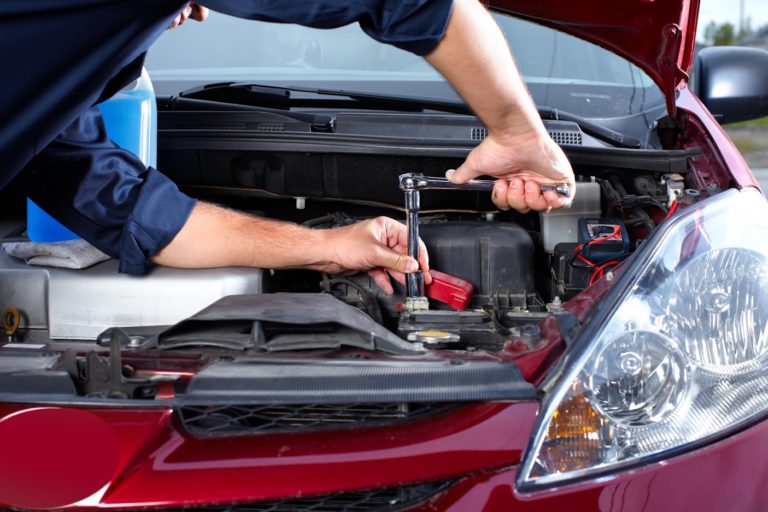An automobile relies on two separate yet equally important energy sources. First, gasoline provides the power needed to run your engine and move your wheels. Second, your car battery provides the electrical energy necessary to power everything from your headlights, to your radio, to your cell phone charger. Without a working battery, your car won’t even start.
Manufacturers have cleverly designed automotive batteries to recharge when you drive your car. Yet as time goes on, a battery still tends to develop problems that can affect its ability to provide the needed charge. One little-known yet all-too-common problem goes by the name of sulfation. This article takes a closer look at three key things to know about battery sulfation.
- Sulfation Accounts for Many Early Battery Failures
If you have ever had a battery that died before the end of its expected lifespan, sulfation may have played a role. Sulfation ranks as a common cause of early failure for lead-acid car batteries. Even before it causes your battery to die altogether, sulfation affects your car in a number of potentially debilitating ways.
Sulfation involves the formation of lead sulfate crystals on the surface of the battery’s plates. At small levels, these crystals don’t pose any serious threat. But as the deposits grow progressively larger, they effectively cut down on the amount of active material inside of your battery. As a result, your battery’s performance swiftly drops off.
A battery suffering from sulfation exhibits a significant decrease in cranking power. You may notice that your battery struggles when attempting to start up your car. Sulfation also increases the chances of boil over, which involves acid boiling and spilling out of the battery. Sulfation also decreases the effective run time of your battery between charges. Any of these effects can contribute to a car battery dying earlier than expected.
- Sulfation Affects City Drivers More
Car owners should understand that sulfation happens naturally and affects all batteries to some degree. Small amounts of sulfate crystals form virtually every time your battery gets used. Yet batteries subjected to certain conditions stand a much greater chance of developing debilitating sulfation.
One of the most common causes of sulfation involves batteries that remain perpetually undercharged. If your battery never charges all the way, it won’t reach a state of full saturation. On a chemical level, such undercharging makes it much easier for sulfate crystals to form. A fully charged battery, by contrast, possesses a charge enough to minimize sulfation.
If you regularly use your car for highway travel, you don’t have to worry about sulfation as much as a city driver. Those longer drives at higher speeds give your alternator plenty of time to bring your battery to a full charge. City drivers, on the other, run a much greater risk of sulfation, since the shorter stop-and-go driving often fails to charge your battery all the way.
- Sulfation Can Often Be Reversed
The chemical change that leads to sulfation can also work in reverse. When your battery runs, sulfates form. The process of charging your battery causes the sulfates to undergo a process known as gassing. Gassing causes the lead sulfate crystals to turn back into sulfuric acid and lead.
As sulfation grows more advanced, often because of a chronically undercharged battery, reversing the process grows harder and harder for your alternator to accomplish on its own. Yet you can often restore proper performance using a battery desulfator. A battery desulfator eliminates even the toughest sulfate deposits by exposing your battery to bursts of high voltage.
Battery sulfators do their job so well that they can even bring dead batteries back to life. For more information about how to prevent sulfation and keep your car battery in top shape, contact the auto experts at Evans Tire & Service Centers.

